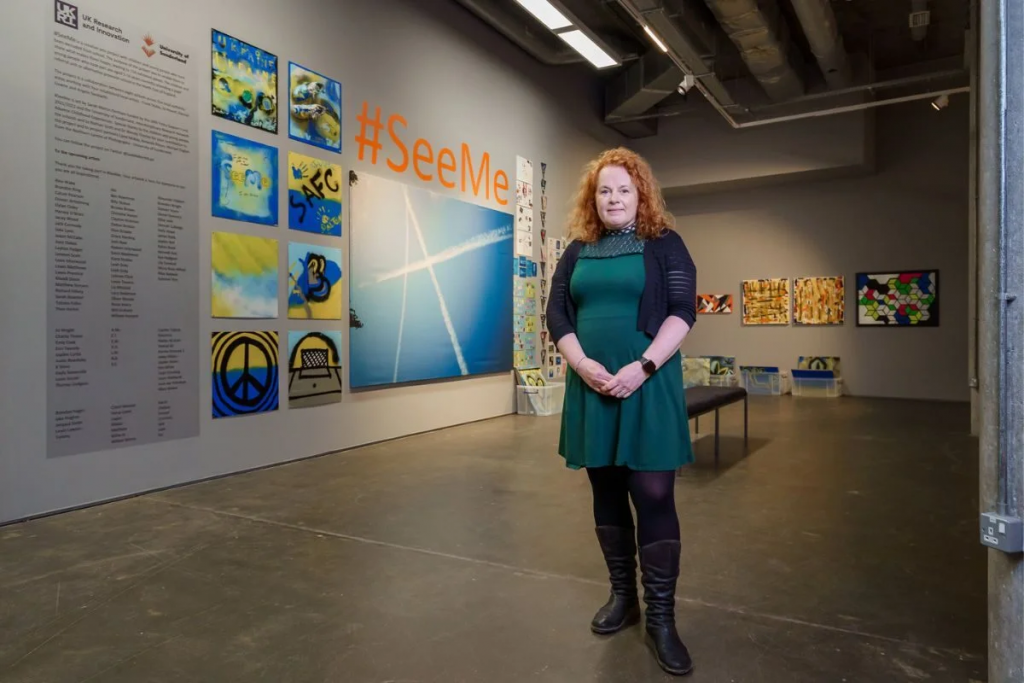A Sunderland academic has appeared before an All-Party Parliamentary Group (APPG) this week to present evidence of her findings on the impact school exclusions have on children’s lives.

Sarah Martin-Denham (left), University Associate Professor of Care and Education at the University of Sunderland, appeared before the APPG inquiry on School Exclusions and Alternative Provision (AP), drawing on experts’ knowledge across the UK, to improve outcomes for vulnerable children, reduce preventable exclusions and improve the quality of education for children excluded from school.
Sarah’s recommendations to the panel included the scrapping of isolation booths in schools as a punitive approach, better training for the education workforce, from newly qualified teachers to those heading towards the end of their careers, ensuring the voices of children and their parents are heard, a national roll-out of assessment hubs which involve teachers, educational psychologists, mental health workers, to assess why the child is struggling in the school environment, the reason behind the behaviour, tailoring a package of support that works best for the individual.
For the past seven years, Sarah’s research has focused on childhood adversities, SEND (Special Educational Needs and Disability) and school exclusion. She has worked with over 200 children and young people from alternative provision schools who have been suspended or permanently excluded from school. As a result of her work, she has created a national training resource aimed at those working across the education sector.
Nine films created by young people, aged four to 16, from five North East local authorities, offer a unique insight into the impact of school exclusion on their lives. The resource #pullupachair has been shared with Government, including Ofsted, the Department for Education, Office of the Children’s Commissioner, Local Authorities, universities, charities, headteachers, teachers, parents, academic experts and educational psychologists.

Speaking to the panel, chaired by Andy Carter MP, and hosted in London, Sarah said: “I’ve been working with partnership organisations, predominantly in the north-east, to highlight varying experiences of pupils and their parents about what matters to them, and how we can work with them to prevent the children and young people from being excluded. With exclusion there is no universal consensus on how to be inclusive, it’s not defined in the National Curriculum, Early Years’ Framework or recent SEND and Alternative Provision Improvement Plan for example.





